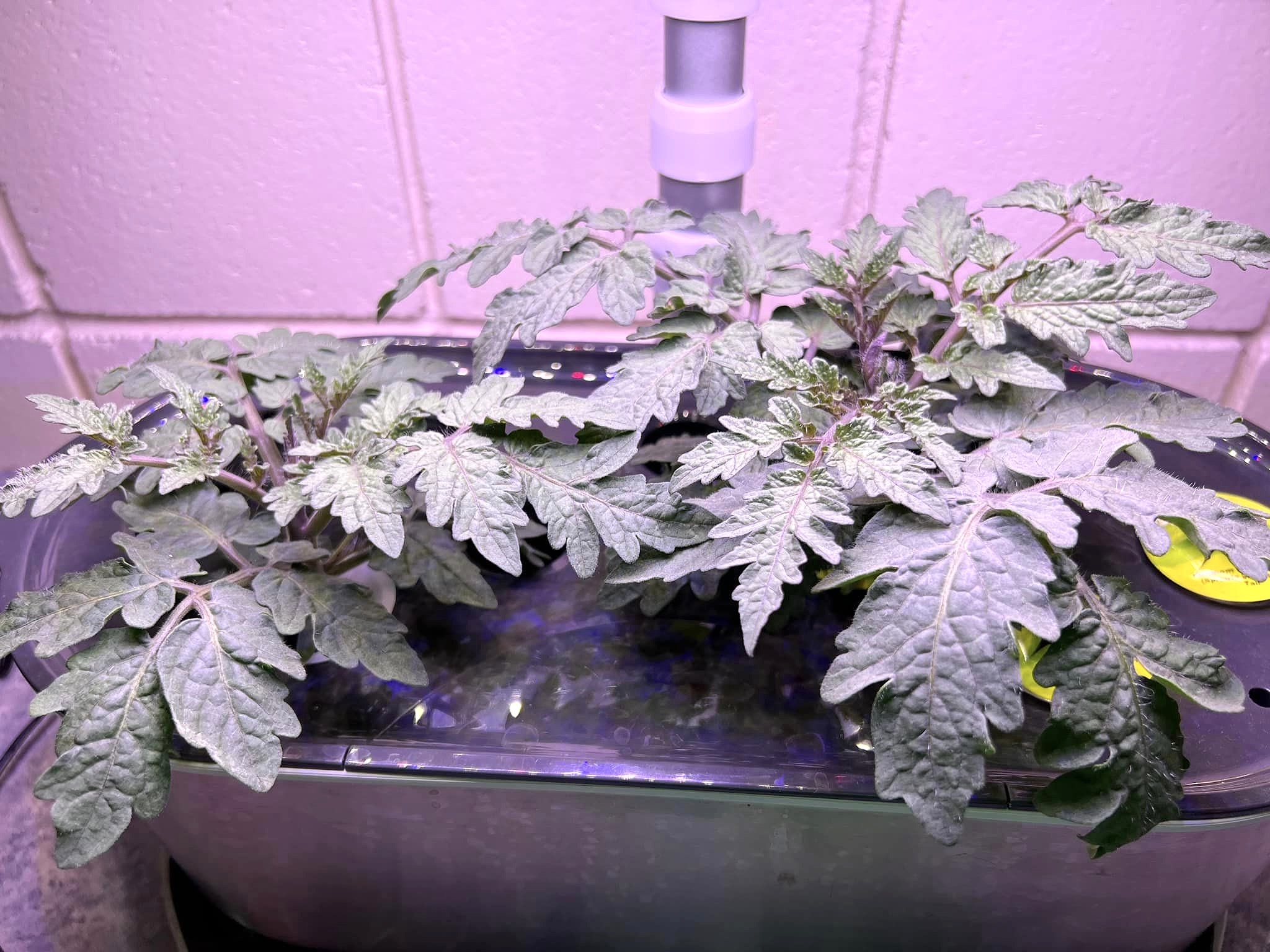As discussed briefly in last month’s article on reconsidering the charitable response to food insecurity, PROOF lays out the rationale for why the food charity model is ultimately unsustainable and ineffective at reducing rates of food insecurity as it can’t be equipped to address the root causes of food insecurity.
Food Banks as a Temporary Fix
Food banks were originally designed to be a temporary fix to a societal problem while systems-wide solutions could be implemented. Unfortunately, all-encompassing solutions to address the root causes of food insecurity would never arrive. Instead, governments continue to rely on the charitable food sector to “address food insecurity” when the sector clearly does not have the capacity or resources to do so. The result of this is an actual increase of the original problem, which was only exacerbated by the COVID-19 pandemic.
Valerie Tarasuk, the lead researcher from PROOF, goes further to say that since most individuals experiencing food insecurity do not use food banks, the charitable food sector can’t provide a temporary fix either:
“It’s a Band-Aid that only covers a quarter of the wound. By the time somebody tells you they can’t afford the food they need, they’re in a very bad situation.”
Valerie Tarasuk, PROOF
Why Donations Aren’t the Most Effective Intervention
Food Donations
One article notes that if you are donating to a food bank, the best way to do so is with a monetary donation, and not with a food donation. This is for a couple of reasons, including:
- Food banks can buy food at more cost-effective prices than consumers can
- Specific food donations may not meet the needs of the food bank and may only cause inefficiency for staff
- A money donation is ultimately more efficient for the food bank receiving the donation. Money doesn’t need to be sorted nor stored, and allows for purchasing flexibility
If food donations usually hinder a food bank more than help it, why isn’t this message shared more by these organizations? The answer is simple: people still need emergency food, and food banks can’t risk alienating donors who can provide temporary relief. Chris Hatch from Food Banks Canada notes that even though they acknowledge that we’re “never going to feed our way out of food insecurity”, community members without food access still need food today. Danielle Lalonde adds, “We don’t want to give the impression that donations aren’t needed or appreciated.”
All Donations (Including Monetary)
“This holiday season, the most generous thing you can do isn’t simply to donate leftovers or cans from your pantry or write your annual cheque.”
Paul Taylor, FoodShare Toronto
Paul Taylor, the Executive Director of FoodShare Toronto, goes even further to extend the rationale to all donations. This argument for not donating money comes back to the original idea that the charitable response to food insecurity is ultimately ineffective. Elaine Power, a professor at Queen’s University, along with Taylor and Tarasuk note that seasonal donations give “an appearance of generosity and abundance. But the food collected is nowhere near enough to meet the needs of the people who use food banks, let alone the people who are food insecure but not going to banks for help”.
Taylor goes on to criticize massive for-profit companies that will use this seasonal opportunity to cover the fact that these companies provide staff wages underneath the poverty line, and will spend massive amounts of money to advertise their charitable deeds to improve their image. This phenomenon has also been well observed and researched.
Okay, so Charity Isn’t the Answer. What Can Help Instead?
Nick Saul from Community Food Centres Canada points out that the distinction between hunger and poverty informs how the situation is framed. While one leads to charity, the other leads to addressing roots causes of food insecurity:
“If you frame the problem as hunger, you gravitate quite quickly to a response based on food, which gets you quite quickly to charity. If you frame the issue as poverty, you start to talk about public policy, and then you start to talk about the basic human right to food, so that’s a very important distinction to make between hunger and poverty.”
Nick Saul, Community Food Centres Canada
What are some tangible ways you can help instead of donating food or money? Taylor suggests that a better use of the giving spirit is to instead work on securing and protecting the human right to adequate food access. This can be helped by, for example, contacting politicians and asking what they’re doing to address the root causes of food insecurity, or by calling out corporations for inaction or using charity as a PR shield.
Have you given thought to how are trying to help address these issues? Do you think these activities besides donations take away more energy, and are therefore harder to initiate overall and personally?
We invite you to share your thoughts and feelings with us!
Bankey, M. CBC News. They Didn’t Need a Recipe for Lentil Shephard’s Pie. What I learned about Fighting Poverty at Cooking Class. (2021). Retrieved on December 20 2021 from https://www.cbc.ca/news/canada/calgary/poverty-groceries-income-miriam-bankey-1.6278078
Food Share. Right to Food. (2021). Retrieved on November 30 2021 from https://foodshare.net/righttofood/
Government of Canada. A Stronger and More Resilient Canada: 2020 Speech from the Throne. (2020). Retrieved on December 1 2021 from https://www.canada.ca/en/privy-council/campaigns/speech-throne/2020/stronger-resilient-canada.html
Greater Vancouver Food Bank. Help the Poor: Stop Donating Canned Goods to Food Banks. (2019). Retrieved on November 23 2021 from https://foodbank.bc.ca/blog/help-the-poor-stop-donating-canned-goods-to-food-banks/
Kennedy, B. Social Policy in Ontario. Food banks don’t reduce food insecurity, so why did the federal government give them $200 million in emergency aid? (2021). Retrieved on December 1 2021 from https://spon.ca/food-banks-dont-reduce-food-insecurity-so-why-did-the-federal-government-give-them-200-million-in-emergency-aid/2021/01/27/
Men, F. & Tarasuk, V. Food Insecurity amid the COVID-19 Pandemic: Food Charity, Government Assistance, and Employment. (2021). Retrieved on August 30 2021 from https://www.utpjournals.press/doi/full/10.3138/cpp.2021-001
Mendly-Zambo, Z., Raphael, D., & Taman, A. Take the money and run: how food banks became complicit with Walmart Canada’s hunger producing employment practices. Retrieved on September 15 2021 from https://parkdalefoodcentre.ca/wp-content/uploads/2021/09/Walmart-Take-the-Money-and-Run.pdf
PROOF Food Insecurity Policy Research. How to Tackle Food Insecurity in Canada – Whiteboard Video. (2019). Retrieved on November 30 2021 from https://proof.utoronto.ca/whiteboard/
PROOF Food Insecurity Policy Research. Relationship between food banks and food insecurity. (2019). Retrieved on November 30 2021 from https://proof.utoronto.ca/wp-content/uploads/2019/11/PROOF_FACTSHEET_Foodbanks-112019.pdf
Taylor, P. COP26 exposes climate crisis link to food insecurity. (2021). Retrieved on November 30 2021 from https://nowtoronto.com/news/op-ed-cop26-exposes-climate-crisis-link-to-food-insecurity
© Copyright. All rights reserved. The content of this post may be used for educational purposes without written permission. For other uses, please contact the author(s) of the content.









